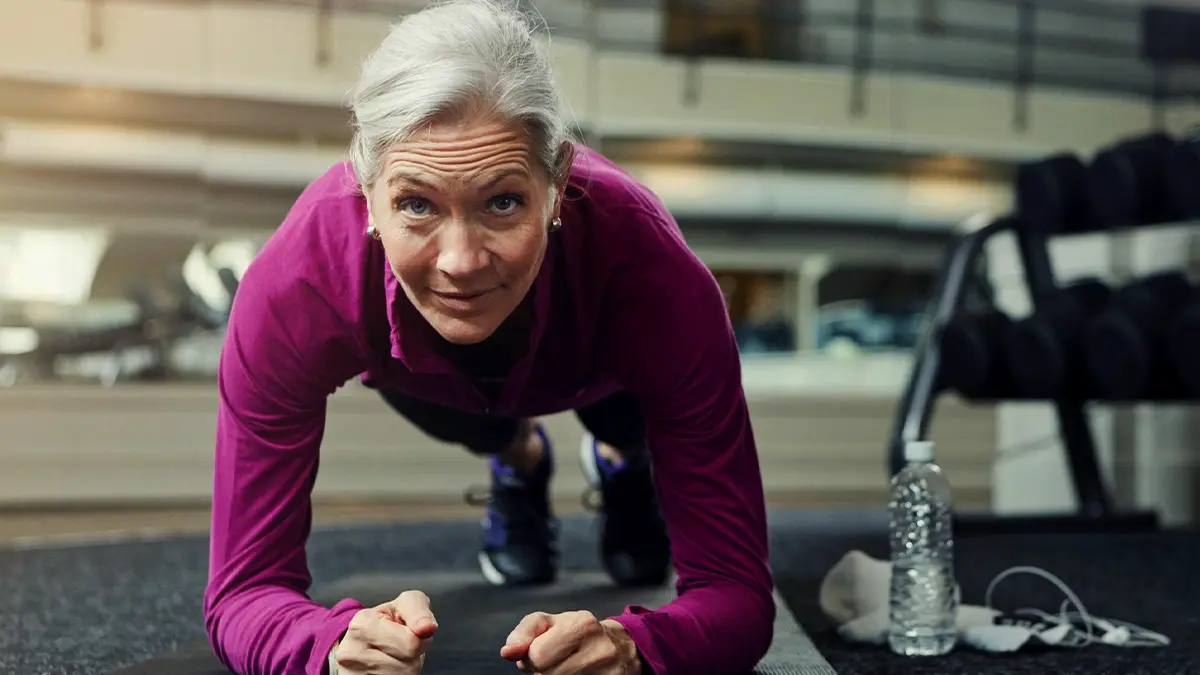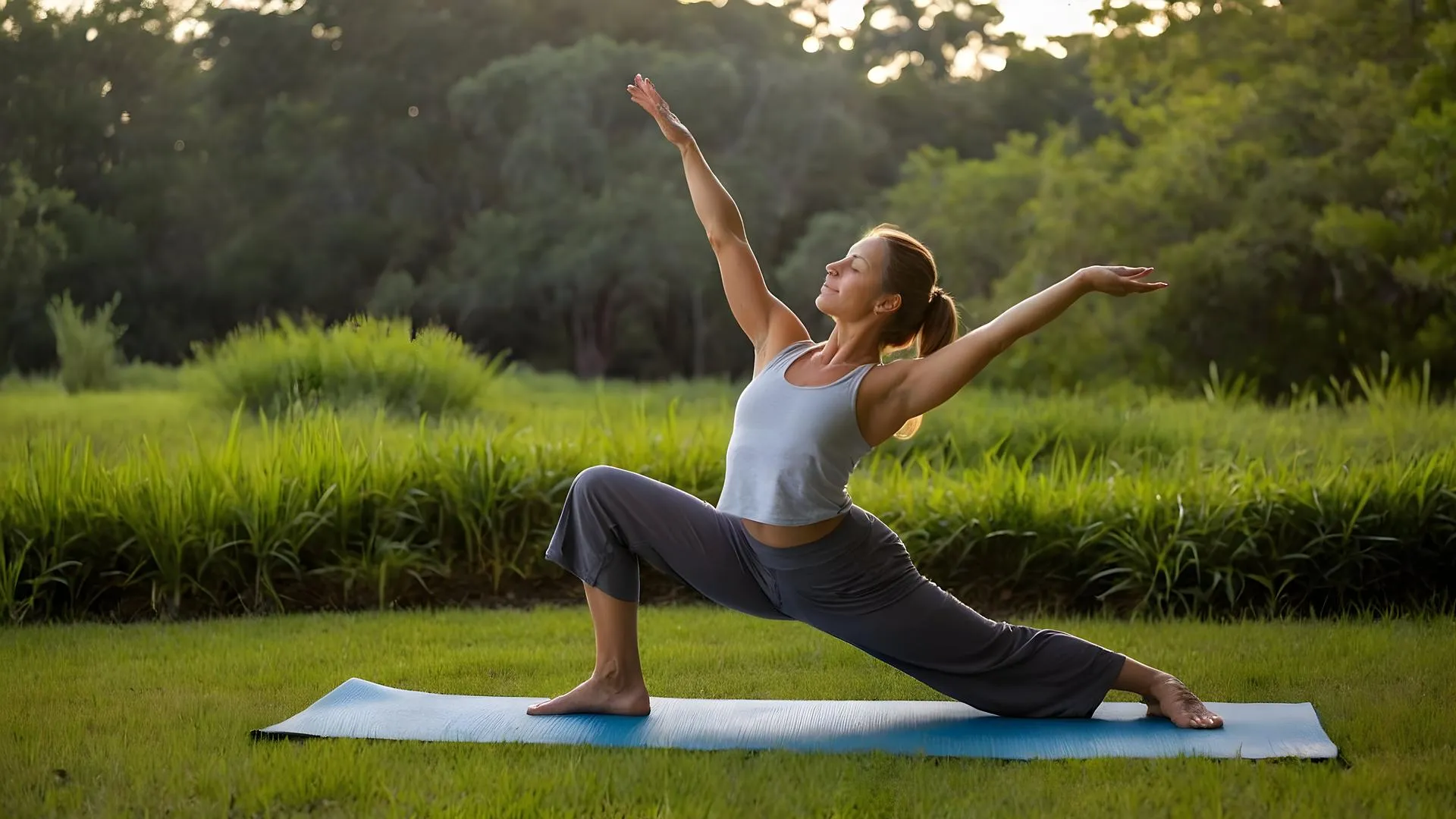Recent research suggests that exercise may have a greater impact on longevity than genetics. Read on to learn more.

A recent study published in the online edition of the Journal of Aging and Physical Activity reveals that exercise may play a more significant role in longevity than genetics. Conducted by researchers at the Herbert Wertheim School of Public Health and Human Longevity Science at the University of California, San Diego, the prospective study found that both light exercise and moderate-to-vigorous activity are associated with a reduced risk of death. Conversely, prolonged inactivity is linked to a higher risk of mortality, even among women with varying degrees of genetic predisposition for longevity.
Lead author Alexander Posis, M.P.H., a fourth-year doctoral student in the San Diego State University/UC San Diego Joint Doctoral Program in Public Health, stated, "The goal of this research was to understand whether associations between physical activity and sedentary time with death varied based on different levels of genetic predisposition for longevity." To conduct the study, researchers began monitoring the physical activity of 5,446 American women aged 63 and older in 2012 as part of the Women’s Health Initiative Objective Physical Activity and Cardiovascular Health project (OPACH). For at least seven days, participants wore research-grade accelerometers to track their movements, physical activity levels, and periods of inactivity.

Senior author Aladdin H. Shadyab, Ph.D., an assistant professor at the Herbert Wertheim School of Public Health and Human Longevity Science at UC San Diego, stated, "Our study demonstrated that, even if your genetics suggest you may not live long, you can still extend your lifespan by adopting positive lifestyle behaviors such as regular exercise and reducing sitting time." He further emphasized, "Conversely, even if your genes predispose you to a long life, staying physically active remains crucial for achieving longevity."

The authors concluded that the findings of this study reinforce the importance of older women engaging in daily physical activity at any level to reduce the risk of chronic disease and early death, especially considering the aging adult population in the U.S. and the increasing time spent on low-intensity activities.